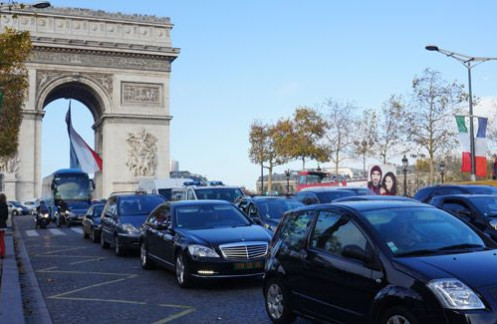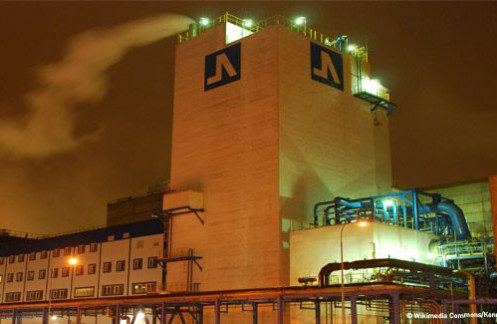Alexia DESPORTE RICHARDCo-Founder- LA FABRIQUE A POPOTTEThe EURODECISION experts understood our need in no time. We took informed decisions on the strength of their expertise and know-how. Besides which, although EURODECISION tends to work more with major groups, the team turned out to be very agile when working with our start-up and came up with solutions geared to our resources.
The LA FABRIQUE A POPOTTE start-up was founded in May 2017 on the premise that many people find cooking daily meals a chore, and that the food chain’s main source of waste is cooking.
The initial idea of the team from Lyon was to design a cellphone application that would model customized recipes based on the contents of the users’ refrigerators. However, a market survey showed that apart from incurring very high customer acquisition and loyalty costs, smartphones and tablets are impractical in the kitchen (e.g.: annoying automatic screen lock, devices not watertight, and so on). So, the thinking shifted to designing an amusing connected object. At the end of the design thinking phase, they opted for a small duck robot dubbed Popotte Duck. It will be capable of creating customized recipes from user-related criteria (fridge contents, preferences, etc.) and give individualized assistance on producing recipes.
The idea behind LA FABRIQUE A POPOTTE is to provide home chefs with a more relevant and personalized response, every time, harnessing Artificial Intelligence spin-off technologies to make Popotte Duck an intelligent learning assistant.
The start-up was recommended by its mentors RTONE, the connected objects expert, and GROUPE ZEBRA, the innovation advice consultants to commission EURODECISION to help it structure the cooking assistant’s intelligence. The business analytics specialist worked with LA FABRIQUE A POPOTTE on defining a roadmap for the Popotte Duck development phase.
Several brainstorming sessions enabled the modeling experts to get a better grasp of the business and needs of the start-up and identify which technologies were the most suitable to rise to the challenge. As a result of these discussions, functional and technical specifications were drafted to structure the Artificial Intelligence algorithms into three modules:
- a filtering module: the use of expert systems (Business Rules Management Systems) will identify those combinations of ingredients that meet the constraints (available ingredients and utensils, user’s diet, and preferences) from all possible combinations.
- a learning module: based on machine learning algorithms. This module will lead to ever-more precise guidance on future proposals from the list of compatible recipes.
- a selection module: with the aid of optimization algorithms, the tool will select 3 combination possibilities from those previously filtered. It will also maximize complementary preferences, such as recent history, seasonal produce, balancing several meals and using leftovers.
Popotte Duck should come onto the market in the next few months.






